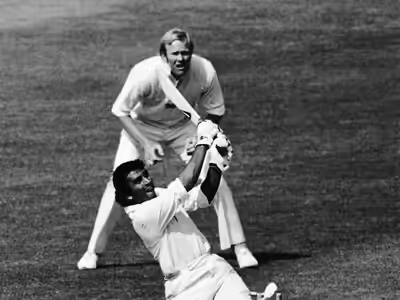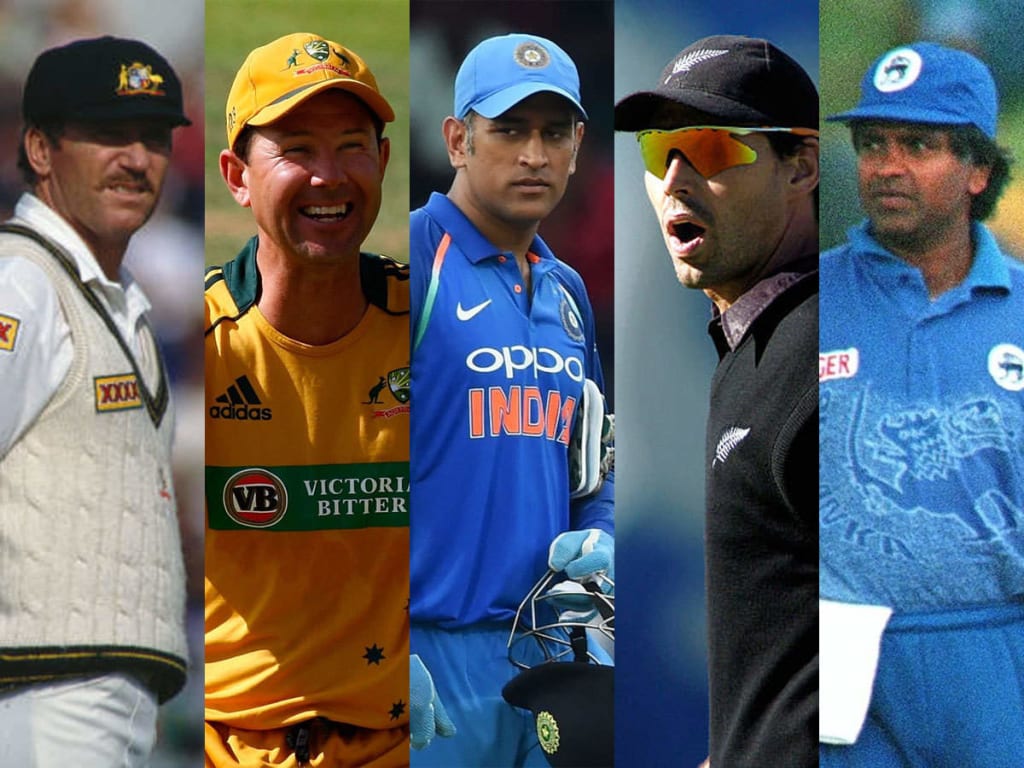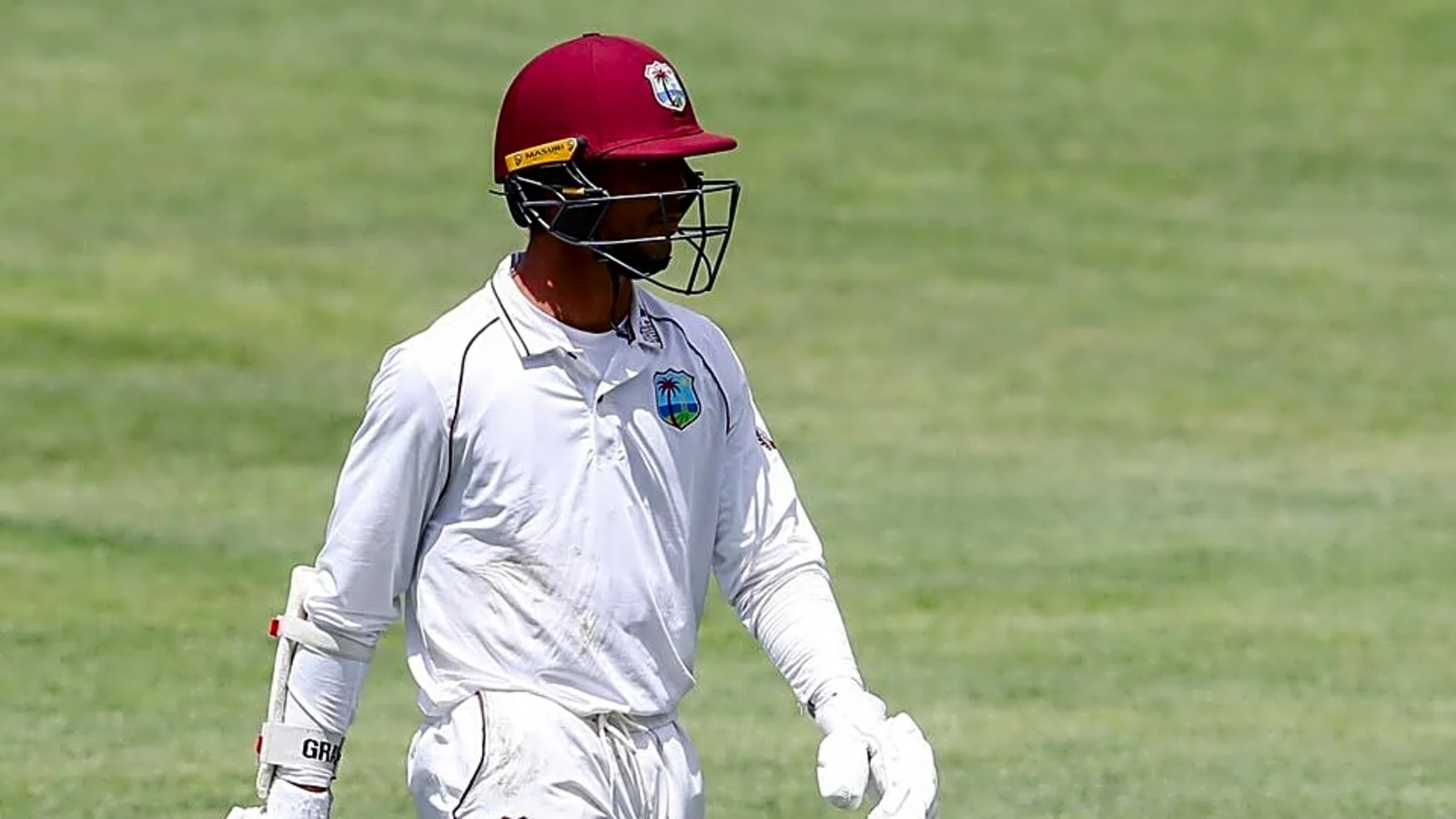The ICC Cricket World Cup has always been more than just a tournament—it is a grand stage where passion, resilience, and history are written. Since its inception in 1975, the Cricket World Cup has given fans around the globe unforgettable stories, legendary players, and thrilling matches. The trails of these World Cup journeys are not only about trophies but also about underdog triumphs, heartbreaks, rivalries, and iconic moments that define the spirit of cricket.
In this blog, we will revisit the historic trails of World Cup journeys and explore how different eras of the tournament have shaped the modern game.
The Birth of the World Cup (1975–1983)
The first Cricket World Cup was played in 1975 in England, marking a new era in the sport. The format then was 60 overs per side with players dressed in whites and using the red ball—very different from today’s colorful spectacle.
- 1975: West Indies, under the leadership of Clive Lloyd, dominated the first edition, defeating Australia in the final. Lloyd’s explosive century became the cornerstone of their triumph.
- 1979: The West Indies once again showcased their supremacy, defeating England in the final and stamping their dominance on world cricket.
- 1983: Perhaps the biggest turning point in World Cup history came when India shocked the world by beating the mighty West Indies at Lord’s. Kapil Dev’s leadership and his iconic 175* against Zimbabwe during the tournament remain etched in cricket folklore.
These early years set the tone for the World Cup, proving it could create heroes and inspire nations.
Australia’s Golden Era (1987–2007)
No journey through the World Cup’s history is complete without mentioning Australia’s dominance.
- 1987: The tournament shifted outside England for the first time, co-hosted by India and Pakistan. Australia, led by Allan Border, claimed their maiden title after beating England in the final.
- 1999: A thrilling semi-final between Australia and South Africa in Birmingham ended in a dramatic tie, sending Australia into the final where they crushed Pakistan.
- 2003 & 2007: Ricky Ponting’s side created an era of invincibility, winning back-to-back titles. With players like Glenn McGrath, Adam Gilchrist, and Matthew Hayden, Australia became the most feared World Cup team.
Australia’s World Cup trail remains historic, with five titles in total, making them the most successful team in the tournament’s history.
The Rise of New Champions (1992–2019)
The World Cup has also witnessed new nations rise to glory, bringing diversity and excitement to the competition.
- 1992: Pakistan, led by the charismatic Imran Khan, clinched their maiden title in Australia. The final against England at the MCG remains a legendary chapter, with Wasim Akram’s fiery spell sealing the victory.
- 1996: Sri Lanka stunned the cricketing world by winning their first World Cup. Their aggressive batting style, led by Sanath Jayasuriya and Aravinda de Silva, changed ODI cricket forever.
- 2011: India lifted the trophy after 28 years under MS Dhoni’s captaincy. Dhoni’s unforgettable six to seal the final against Sri Lanka in Mumbai remains one of cricket’s most iconic images.
- 2015: Australia lifted their fifth trophy on home soil, showing once again their consistency and power in big tournaments.
- 2019: England finally won their maiden World Cup in a dramatic final at Lord’s against New Zealand. The match ended in a tie, followed by a Super Over, which also tied—but England claimed the title on boundary count. This nail-biting finale is still considered the greatest ODI match of all time.
Each of these victories represents not just sporting success but also cultural milestones that inspired millions.
Iconic Matches and Turning Points
The trails of World Cup journeys are filled with matches that will never be forgotten:
- India vs Zimbabwe (1983): Kapil Dev’s 175* saved India from collapse and changed the course of the tournament.
- South Africa vs Australia (1999 semi-final): The heartbreak of South Africa’s tie still haunts fans.
- India vs Pakistan encounters: Every World Cup clash between these two rivals has been high-voltage, with India maintaining a winning streak until 2021.
- 2019 Final (England vs New Zealand): A match that redefined cricket drama with its unbelievable climax.
These turning points not only shaped tournaments but also added to cricket’s global appeal.
Evolution of the World Cup
From 60-over white-cloth matches in 1975 to colored jerseys, night games, and the Decision Review System (DRS), the Cricket World Cup has evolved with time. Today, the tournament features advanced technology, power-hitting strategies, and global fan engagement through digital platforms.
This evolution reflects how cricket has modernized while still preserving the nostalgia of its past journeys.
Why World Cup Journeys Matter
The historic trails of World Cup journeys matter because they:
- Inspire new generations of cricketers.
- Unite nations through the spirit of competition.
- Preserve the legacy of cricket legends.
- Create unforgettable memories for fans worldwide.
Every edition of the World Cup adds a new story to the rich heritage of the game.
Conclusion
The World Cup is not just about who wins the trophy—it’s about the historic trails that teams and players leave behind. From West Indies’ dominance in the 70s, to India’s 1983 shock victory, Australia’s golden era, and the thrilling 2019 finale, each journey is a chapter in cricket’s grand story.
As fans look forward to future tournaments, the essence of the World Cup lies in reliving these trails and cherishing the moments that define the game.
The Cricket World Cup journey is a timeless saga, proving that in cricket, history is not just remembered—it is lived again and again.



